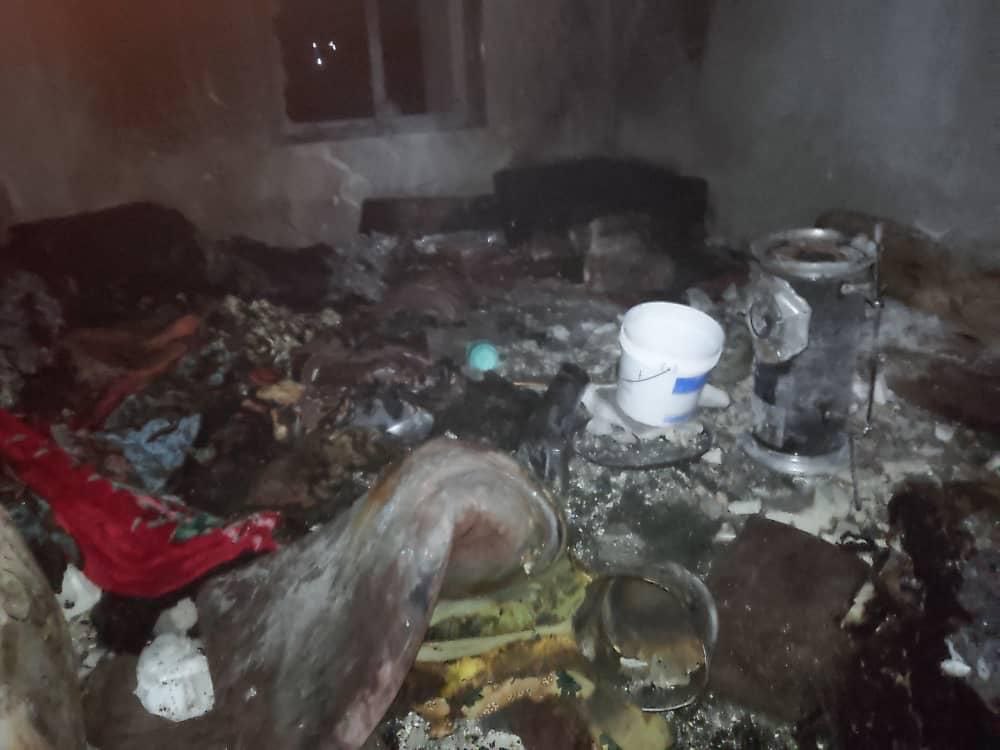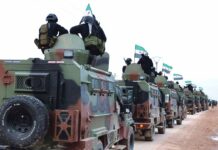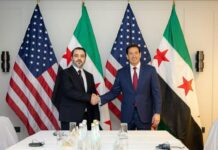
The continued refusal of the Syrian Democratic Forces (SDF) to integrate into Syria’s national framework and their persistence in violent and exclusionary policies are raising concerns over the prospects of a unified and inclusive Syrian state.
The SDF, which maintains control over significant portions of northeastern Syria, has resisted handing over ISIS detention facilities to the Syrian Caretaker Government (SCG). A Kurdish officer within the SDF told Reuters that sharing control of these prisons with the SCG is “unacceptable,” emphasizing that their protection remains solely the responsibility of the SDF and the US-led international coalition.
“The SDF opposes handing over these prisons, which house around 10,000 ISIS fighters, to the new administration,” the officer stated. “The group remains committed to unilateral control, citing security concerns and past ISIS attacks attempting to free detainees.”
Concerns Over Separatist Policies & Security Risks
While the SDF cites security concerns, critics argue that their refusal to coordinate with the caretaker government undermines national unity and perpetuates instability in the region. Syrian officials have repeatedly stressed that a political resolution must involve the integration of all forces under the national defense structure.
Regional powers, including Turkey, have called for the handover of these facilities, with Turkish Foreign Minister Hakan Fidan stating that Turkey could assist the new Syrian leadership in managing the prisons and detention camps if the SDF refuses to do so.
Meanwhile, reports indicate that Baghdad is working with Ankara and Damascus, under US sponsorship, to dismantle key SDF-controlled prisons such as Gweiran and Al-Hawl, which house thousands of suspected ISIS members and their families.
Escalating Violence & Civilian Suffering
The SDF’s separatist policies are accompanied by an increase in violent actions that have resulted in civilian casualties. In recent weeks, SDF shelling in Manbij, in the eastern countryside of Aleppo, killed two young girls and injured seven other civilians, including children and women.
According to the Syrian Civil Defense, also known as the White Helmets, the attacks utilized internationally prohibited incendiary weapons, constituting a serious war crime. “Targeting civilians with such weapons is a blatant violation of international law,” a Civil Defense spokesperson said.
In addition to indiscriminate shelling, the region has witnessed a surge in car bomb attacks, with Manbij experiencing four explosions in less than a month. These attacks, allegedly carried out by the SDF, have led to multiple civilian deaths and significant property damage.
International Reactions & Calls for Accountability
International stakeholders, including the EU and the UN, have voiced concerns about the SDF’s actions, emphasizing the need for accountability and adherence to human rights norms. The SCG has urged the international community to pressure the SDF to cease its aggressive actions and cooperate with national reconciliation efforts.
Despite diplomatic efforts, the SDF continues to assert control over vital resources, including oil revenues and refuses to dismantle its military presence, further complicating Syria’s path to stability. Syrian officials argue that the SDF’s approach threatens not only Syria’s territorial integrity but also the broader regional security landscape.
Uncertainty Ahead
As negotiations continue between the SDF, the caretaker government, and regional actors, the question of how to integrate the SDF into a national framework remains unresolved. Syrian authorities have stressed that the only path forward is through cooperation, demilitarization, and a commitment to national unity. The coming months are expected to be critical as discussions progress and the international community continues to weigh its options in addressing the ongoing crisis.








